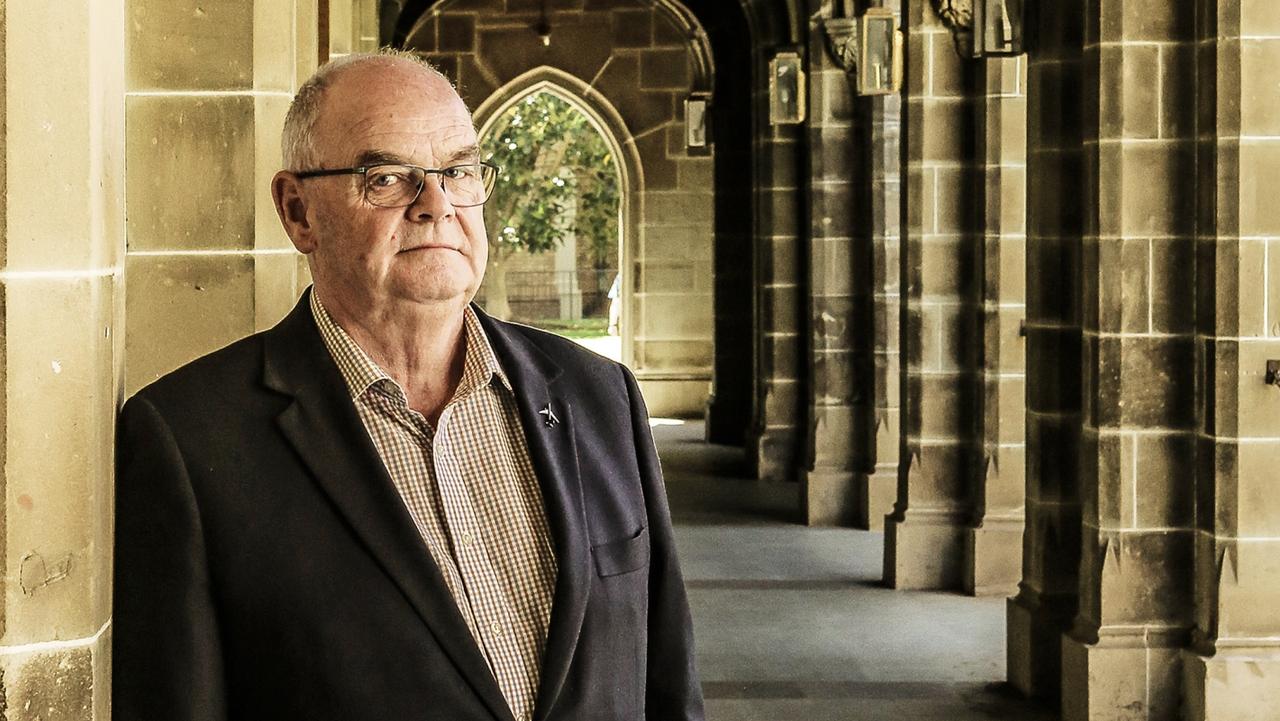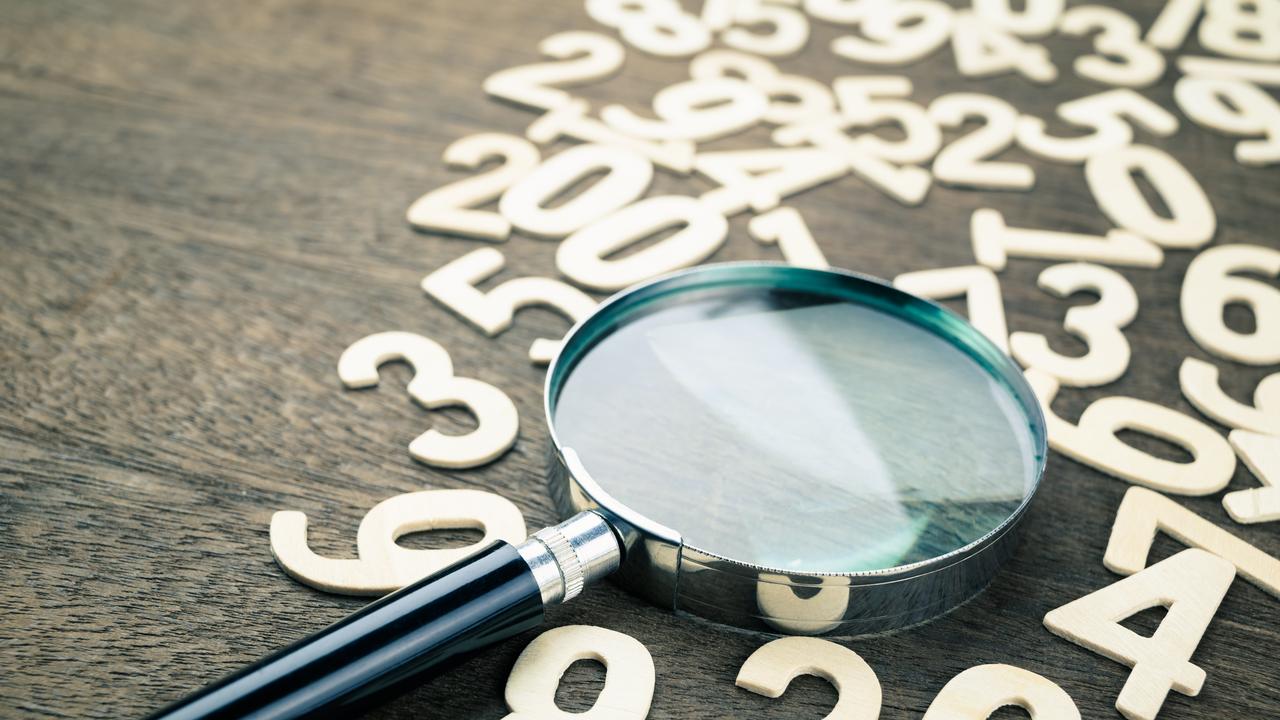Kids, 5, in sex-change stories uni research trial
Children as young as five have been used for storytime sessions featuring books with transgender characters.

Children as young as five have been used for storytime sessions featuring books with transgender characters, introducing concepts ranging from cross-dressing to gender reassignment surgery, as part of a university study being used to advocate for the expansion of the Safe Schools program into primary schools.
A Flinders University research team has recommended the gender-diversity program, the curriculum of which is designed for Years 7 and 8, be rolled out to South Australian primary schools, despite a report acknowledging many of the students who participated in the study had struggled to understand some of the narratives.
The push comes as the future of the Safe Schools Coalition remains in doubt, with the federal government due to cease its four-year $8 million support from the middle of next year.
Originally pitched as an anti-bullying program, Safe Schools has become a politically divisive issue during the past year as details of the curriculum, which teaches students that gender and sexuality are fluid concepts, have emerged. An independent review of the program led to an overhaul.
As part of the research project, funded by Flinders University and the Australian Research Council, six picture books featuring transgender characters were read to prep and grade one students over five sessions. One of the books, My New Daddy, written by transgender author and LGBTI rights advocate Lilly Mossiano, follows the tale of a young boy who is told by his mother that “nature made a mistake” and “she should’ve been born a boy like him”.
“Mommy begins transitioning, and Charles calls her daddy,” says the blurb for the book.
“Daddy goes to see a doctor and has an operation. Charles now has a new daddy who loves him and he loves his daddy.”
The US author has published a similar book, My New Mommy, which was also read to the students, along with When Kathy is Keith and the autobiographical I Am Jazz, which also includes medical themes and language.
Christian lobby group Family Voice Australia described the project as “utterly inappropriate”.
“It goes without saying that most five and six-year-olds haven’t even worked out the birds and the bees yet,” said Family Voice national policy officer Damian Wyld. “Extreme ideological agendas have no place in classrooms.”
Lyle Shelton from the Australian Christian Lobby, said parents should be concerned “that these academics think primary school children should to be taught that surgery for their mum or dad to change sex is normal”.
“After years of public advocacy for the gender requirement to be dropped from marriage, we should not be surprised that some academics want to induct even primary school children into a LGBTI worldview.”
The experiment was part of a broader research project that culminated in a recent report: Exploring trans and gender diverse issues in primary education in South Australia, by Clare Bartholomaeus, Damien Riggs and Yarrow Andrew. The project was supported by the South Australian division of the Safe Schools Coalition, which helped to distribute surveys to teachers and teaching students.
Dr Bartholomaeus and Professor Riggs have conducted extensive research on LGBTI issues, while Professor Riggs is national convener of the Australian Psychological Society’s interest group on gay and lesbian issues and the editor of its journal, the Gay and Lesbian Issues and Psychology Review.
A single class of 21 students took part in the project, which had ethics approval from the Adelaide-based university as well as parental consent. The report details some of the children’s reactions to the stories, which ranged from “he wants to wear a dress like girls so he said ‘I wanna be a girl’” to “I liked the story because the mum turned into a boy”.
Some seemed to be confused, however, saying “I didn’t understand, is it a boy or a girl?”
“For students who were not familiar with the topic, some of the narratives made little sense, although understanding appeared to increase across the sessions,” the report says. “Informed teaching would allow a space to provide explanations and explore students’ questions in order to increase knowledge and contribute to more inclusive school cultures.”
The report laments a lack of opportunities for educators’ professional development in the area of transgender issues as well as a broader climate of “misunderstanding and fear, evidenced in recent debates about the Safe Schools Coalition”.
The push goes against the findings of the independent review into the program, conducted by emeritus professor Bill Louden in March, which found some of its content and resources were not appropriate for young students. Program materials were audited and censored as a result.
More than 500 schools nationwide have so far signed up to the program.
In South Australia, where 48 schools were registered at the end of 2015, the program is facilitated by SHine SA, with funding from Foundation for Young Australians. SHine SA, which received $119,836 last year to run the program, referred inquiries to the FYA. “There is widespread community support for Safe Schools Coalition Australia and the Foundation for Young Australians will continue to work collaboratively with all states and territories to deliver support and advice for teachers now and in the future,” an FYA spokeswoman said.
The spokeswoman did not respond to questions about how the program would be funded.


